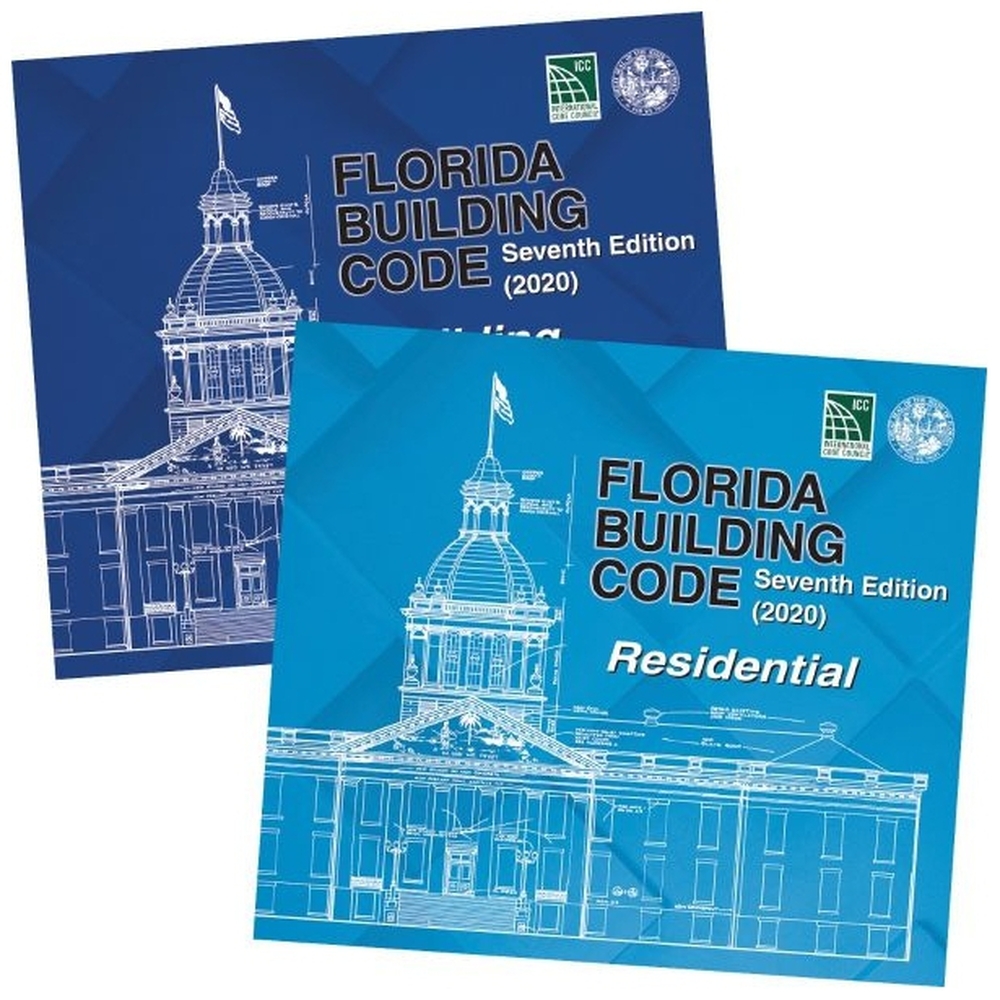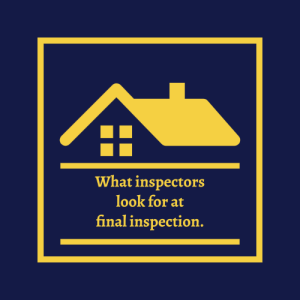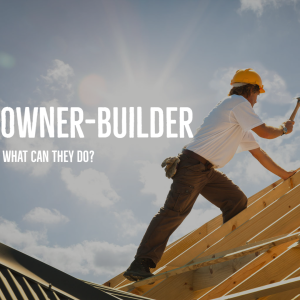august 2022, issue 3
ELITE PERMITS
BRIEFING ON CONSTRUCTION & Some other stuff
Written by TATIANA gUSt
Today we will be talking about one of my favorite topics — what building code applies to my project. Every time I explain this subject, I love seeing the surprise and fascination in the faces of my clients, particularly when I tell them how the building codes provide alternatives to comply. In my opinion, the building code has many ways that ensure compliance, and it only depends on how much money and effort you want to spend to make it happen. So, let’s start with the basics.
When you build a house or a commercial building, the building code that is in effect the day the building permit was applied for and accepted, will govern the building for the rest of the building’s life.
Many people ask me if I’m sure it is not the day the permit gets approved, or the day that the building was completed, and it’s not. In fact, the day your application is accepted by the building department is the day that locks in the building code in effect for your project. This is the reason why many projects go into permitting right before the adoption of a new code. It is because architects and builders have been working for a while preparing all the documentation, and if they apply a few days later, all their documents have to be updated to meet new codes. The ICC and Florida Codes (which are the ones in my home state) are updated every 3 years.
So what happens when years down the road you want to make improvements to the house or to a commercial project? Well, as we indicated above, the original date the original permit was applied for is the code in effect for your property, and unless the building is deemed unsafe, the Certificate of Occupancy that was issued when the building was first built is the same certificate that is active until the building is demolished (you can read about Certificate of Completion and Certificate of Occupancy in my other blog here!!!!LINK).
If you want to make improvements, start with your original plans and make modifications to it based on what you want to do.
People at this point ask me:
- How can I comply with the current codes when the codes have changed with time?
- My house no longer meets code, right?

Well, this is a misconception. Your house meets code, because it meets the code in effect when the house was built. The building code creators understand this, and therefore, they dedicated an entire book to providing you with many options for when you want to alter, repair, add and change occupancy or relocate an existing building or structure, including historic buildings. This book is the Existing Building Code and has different methods to allow the design team to comply with the code by updating only portions of it, even if the house was built many, many years ago. If you have read my blog before, you will remember that the intent of the code is to protect property and its occupants.
I want to expand here by adding that the house or building may not comply 100% with the current code, but the intent of the code is to ensure the building, including the alteration or addition or repair, is not less safe than its original construction. So, the building code that you have to meet will be the current version of the Existing Building Code.

The last item that I want to address is that you do not have to bring your building into compliance; you only have to comply, to the extent as required in the existing building code, for the areas being altered, added or changed. The rest of the building can remain as is, since you are not making the building less safe than it originally was.
Let me know if you have additional questions about the building codes or construction process. Follow us for more and share our blog here!







